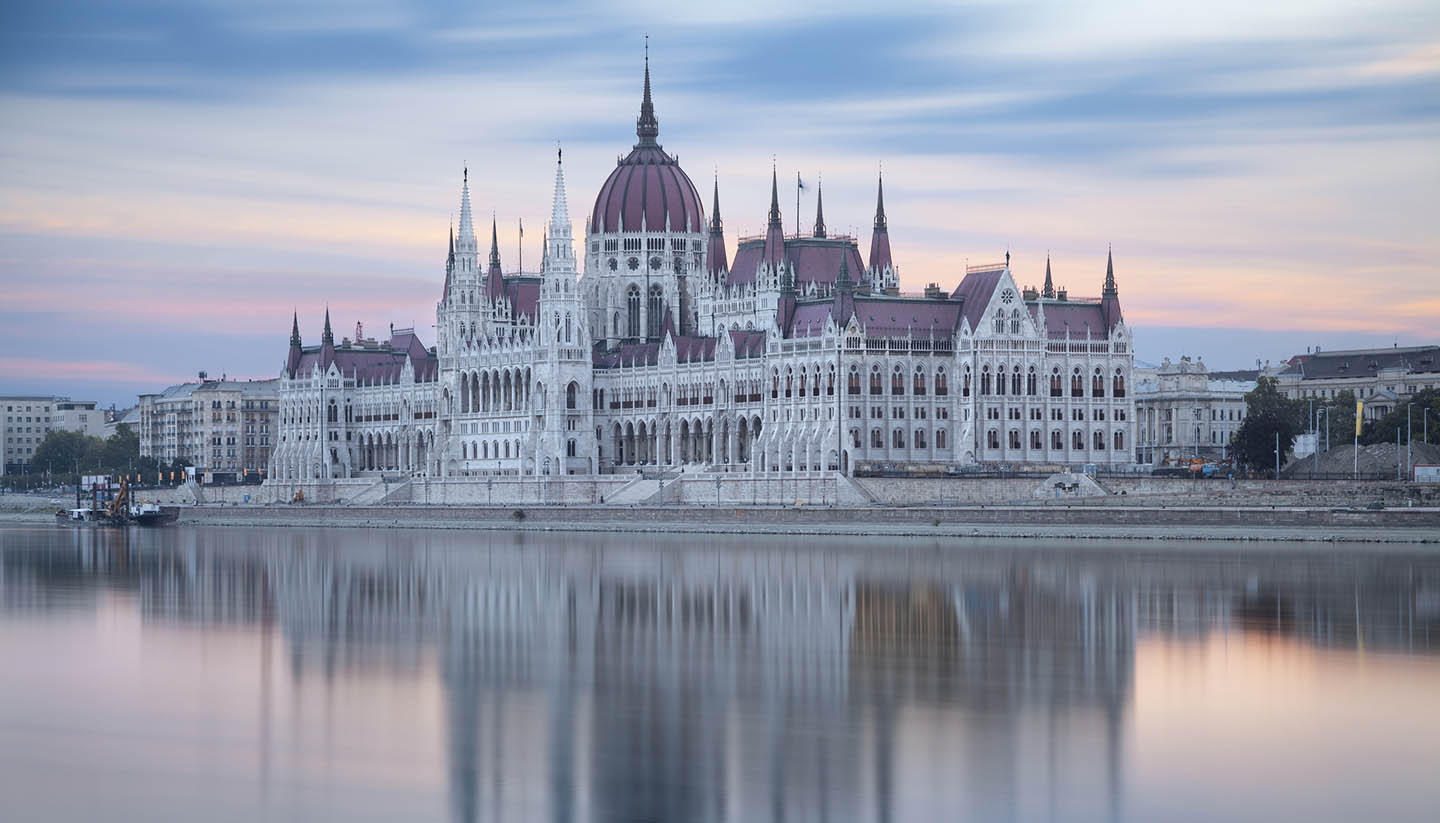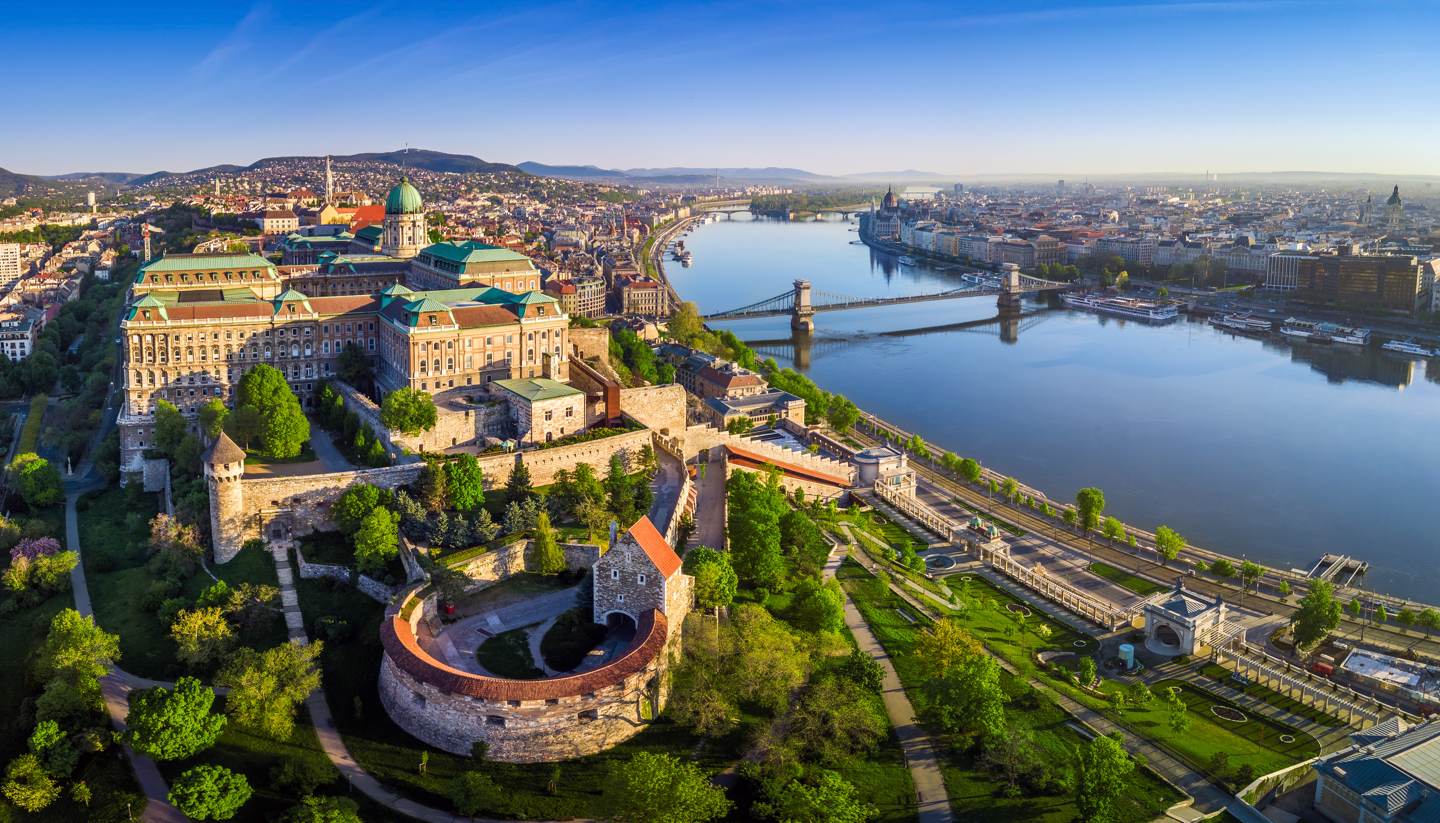Budapest History
The modern touristic pull of thermal spas and gastronomic brilliance is what drew Budapest’s first settlers too.
Evidence of Hungary’s early hunter-gatherers show they lived along the gradient of what would later become Gellért Hill, and down both sides of the mighty River Danube.
With a wealth of animals to eat and warming natural springs, these settlements soon swelled in size under the expansion of the Celts in the third century BC.
Before long though, this became a Roman-dominated area. They saw the land’s topographical advantages and built up the ancient city of Aquincum, which became the capital city of Pannonia Inferior. You can see its remains today in Óbuda.
The Romans found themselves fleeing the city when the Huns invaded in the second century AD. Further attacks and wars hindered any significant development in terms of Budapest itself, as the Avars and Charlemagne tribes passed through, scattering settlements.
The Magyars arrived in around 896, and following the Bulgarian army’s victory over the Holy Roman Empire, two military fortresses were erected: one in Buda and a second in Pest.
Budapest’s first Golden Age coincided with the reign of Renaissance King Matyás (1458-90), before a second one was symbolised by the 1896 millennium celebration in City Park.
The city’s Silver Age came during the 20th-century inter-war period, when the likes of Evelyn Waugh and the Prince of Wales frequented Budapest's spas and casinos.
Balanced against the good times, however, are plenty of bad periods. The Hungarians' defeat against the Turkish in 1526 stung, and the Hapsburg rule deprived Hungary of its autonomy until 1867.
Devastation in WWII was followed by Soviet control, which oversaw the brutal crushing of the Hungarian Uprising in 1956, and was only lifted in 1989.
After a chaotic period of post-communist adjustment, Hungary joined the EU in 2004 and Budapest emerged as a buzzing 21st-century metropolis.
Did you know?
• Completed in 1859, Dohány Street Synagogue is Europe’s largest synagogue.
• Modern Budapest was officially born in 1873, when Buda, Óbuda and Pest were joined.
• Budapest’s subway system opened in 1896 and is the second oldest in the world.



